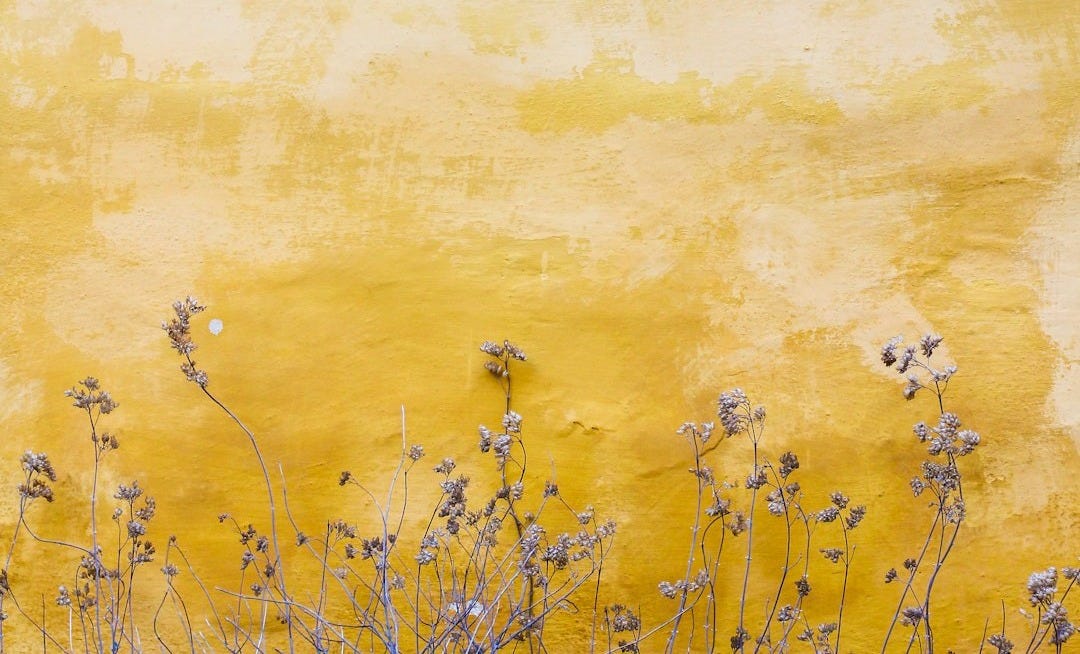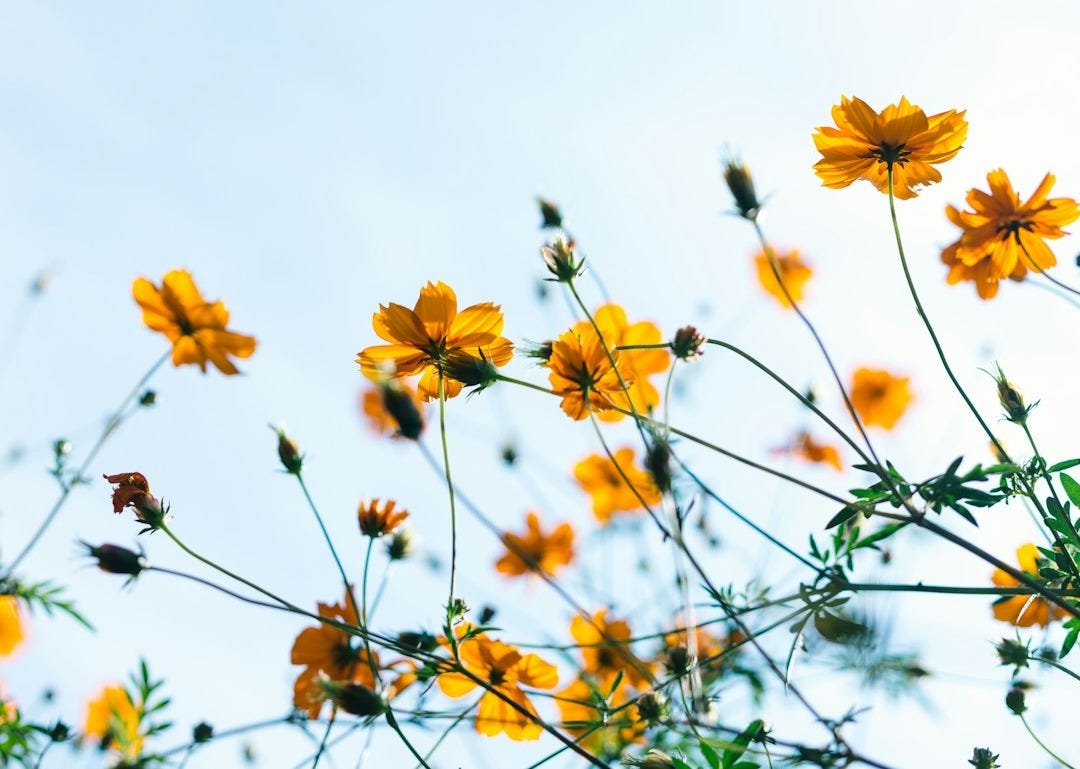
In a workshop I took this last year with Andre Dubus III, author of Townie and House of Sand and Fog, I was reminded about the power of minimizing distractions and allowing our minds to “get in the mood” for creativity. Dubus opened every class with a poetry reading followed immediately by a prompt. Ray Bradbury, in his book Zen and the Art of Writing, also praises the benefits of reading poetry to stimulate creativity and author Jeff Talarigo, author of In the Cemetery of the Orange Trees, says he begins each writing day by reading poetry.
Reading poetry before writing, Dubus explained, was a lot like stretching before running. In his classes, we were urged to physically write by hand on paper, a practice I hadn’t done in decades, and we weren’t allowed to have our phones out at all. This is certainly not the first time I’ve heard this—several writers I know swear by penmanship, but it always seemed too slow for me to try. This workshop fascinated me even more when my creative brain seemed to shift into high-gear throughout that week and I began generating more new material than I had in months.
What happened? What was it about this process that made it work so well for me?
Poetry seemed to take me out of my thinking mind, that machine that says “we have to write at least 1,000 words today” or “I have to get this project done by the end of the week” and allowed me to just notice and be curious. Reading poetry, is not the only way to make this happen. Rather than rushing to “solve” the problem or produce results, I realized that when I was able to slow down and shift my focus to notice the concrete details around me—that is, get really present—it allowed my mind to slow and for ideas to surface.
Poets are masters of noticing: the way light shifts in a room, the sound of a single leaf scraping along the pavement, the subtle tensions in a conversation. But this kind of deep noticing is not limited to poetry. In fact, it closely mirrors what happens in yoga. In yoga, we often take a moment at the beginning of each class for centering, or tuning-in, to the body in order to settle the mind. We bring our awareness to the sensations of coolness or heat in the body, the sounds of our breath, the gentle expansion of our abdomen when we inhale. We notice.
When we are distracted, which we almost always are—by phones, stress, or rushing through our days—we aren’t truly present. This method of reading poetry before writing felt like a mindfulness practice—a centering in order to relax the mind. Reading poetry forces us to slow down, really absorb language, and engage with something beyond our immediate thoughts. This, in turn, primes our brains for curiosity and curiosity is the gateway to creativity. Creativity isn’t just about having ideas—it’s about being curious.
However, when we are stressed or overstimulated, it is harder to be curious. It’s like trying to meditate when we’re stressed out—every few seconds our brains are going through check-lists, running through impossible scenarios, and catastrophizing about things we didn’t even know were in there.
When I did my first yoga teacher training, I learned from the Yoga Sutras of Patanjali that the physical poses of yoga (asana) are meant to prepare the body for meditation. This was many years ago, and at the time I thought: Huh? How on earth are physically demanding poses like Dancer’s Pose or Warrior II preparing me to sit there and do nothing. Now, however, I, as well as much of modern neuroscience on flow state and the brain-body connection, is starting to see how the body can help us relax the mind. Engaging the body—whether through movement, breath, or even handwriting—activates different neural pathways, signaling the brain to shift out of stress mode and into a more fluid, receptive state.
I’m not suggesting that everyone should start doing a yoga session before getting creative, although that might help, but in order to allow our mind to expand, we need to allow it to relax, and if we can’t do that with thinking, maybe we can do that by bringing our awareness to the present and engaging the physical body.
“The world is full of magic things, patiently waiting for our senses to grow sharper." William Butler Yeats





